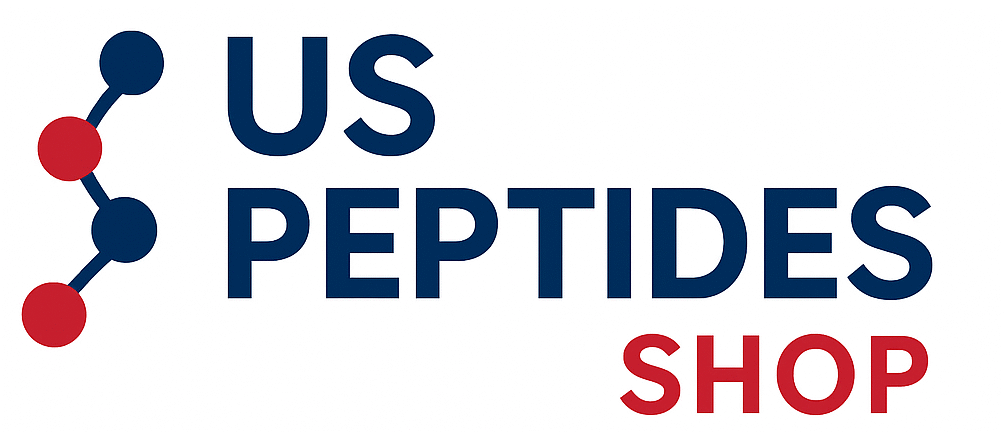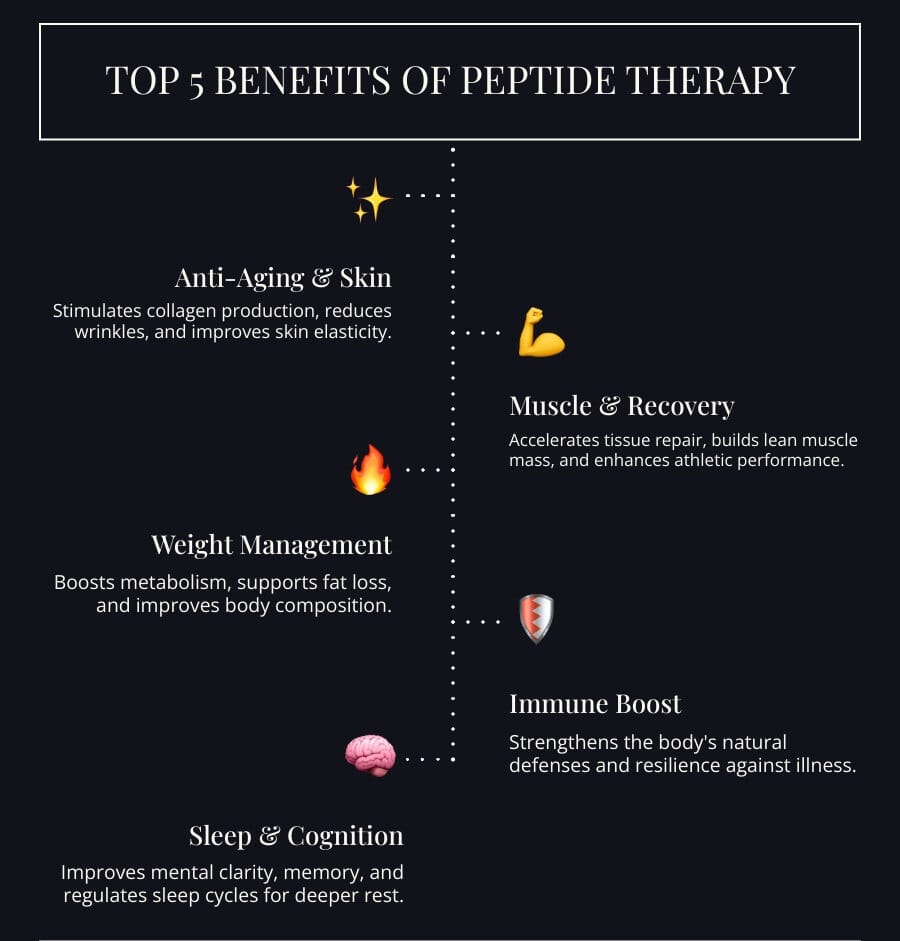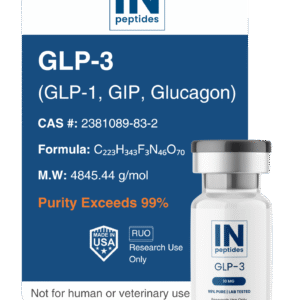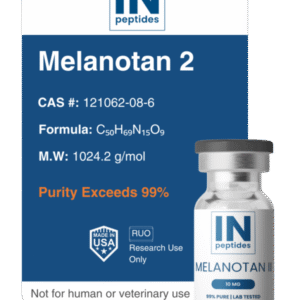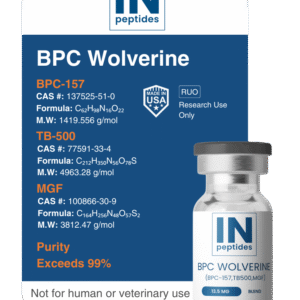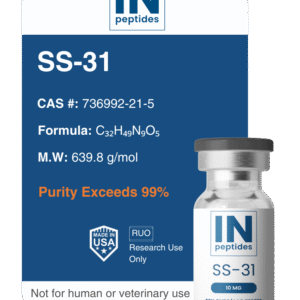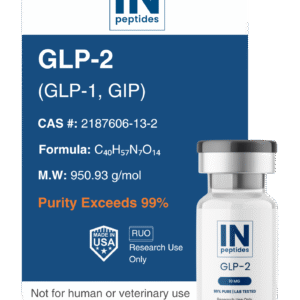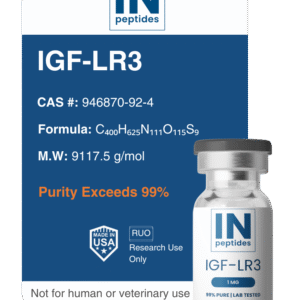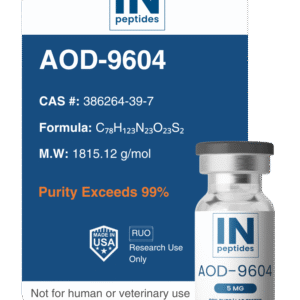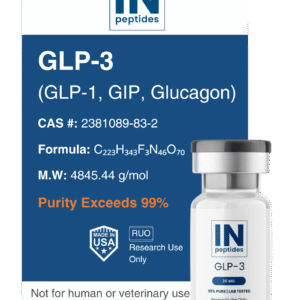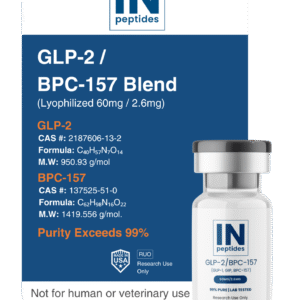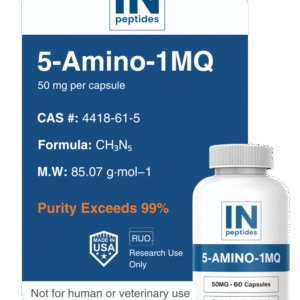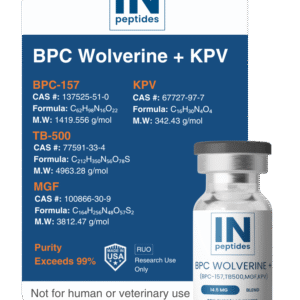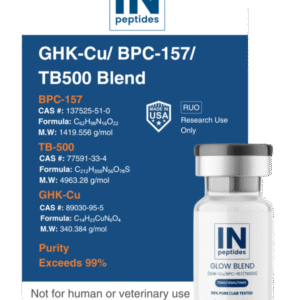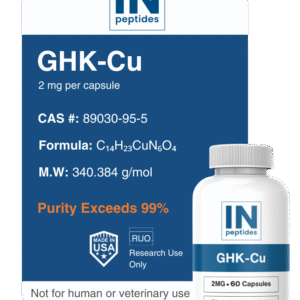What Are the Benefits of Peptides?
Peptides are becoming a major buzzword in health, fitness, skincare and wellness circles—and for good reason. These short chains of amino acids act as messengers in the body, triggering important processes from collagen production to muscle repair. In 2025, more Americans are turning to peptides for support with aging skin, slow recovery, metabolism, immunity and more. In this guide, we’ll explore the key benefits of peptides, how they work, safety considerations and how you can evaluate them.
What Are Peptides?
“Peptide” comes from the Greek peptos meaning “digested” or “fixed.” In simplest terms, peptides are short strings of amino acids—smaller than proteins—that signal cells how to behave. Health+1
In wellness and skincare, peptides can be used topically (in creams and serums) or systemically (in therapies or supplements) to support specific functions such as:
Skin repair and anti-aging
Muscle growth & recovery
Hormonal balance & metabolism
Immune and tissue support
pro-institute.com+1
It’s important to note: while promising, peptides are not a miracle cure—they work best when paired with healthy lifestyle choices. Research is ongoing. WebMD+1
Top Benefits of Peptides
Here are some of the most-reported and researched benefits of peptides in 2025 for the U.S. market.
1. Skin Health, Anti-Aging & Collagen Support
Peptides are widely used in skincare because they signal skin cells to produce more collagen and elastin—proteins essential for firm, youthful skin. Health+1
Benefits include:
Reduction in fine lines and wrinkles
Improved skin elasticity and texture
Enhanced skin barrier function (helping with hydration and protection)
Potential to assist wound-healing and recovery of damaged skin
Portal Kesihatan No.1 –+1
2. Muscle Recovery, Lean Mass & Athletic Support
For those active in fitness or facing age-related muscle decline, peptides offer support. Some peptides help stimulate growth hormone release, improve tissue repair, and reduce inflammation. drmonicagrover.com+1
Examples:
Faster recovery after workouts or injury
Improved lean muscle mass
Better body composition when combined with resistance training
3. Metabolism, Fat Loss & Body Composition
A growing trend in wellness is using peptides to support metabolism and fat loss. Some peptides help with lipolysis (fat breakdown), appetite regulation and metabolic rate. Infusion Health Telemedicine Clinic+1
This benefit is especially relevant for U.S. adults seeking support beyond diet and exercise.
4. Immune Support & Tissue Repair
Peptides can influence immune responses and tissue healing. Research points to peptides that reduce inflammation, help heal wounds or support connective tissue. Infusion Health Telemedicine Clinic+1
This makes them of interest for general wellness, recovery from injury or higher-stress lifestyles.
5. Hormonal Balance, Vitality & Cognitive Support
Some peptides are being studied for their role in hormone optimization (growth hormone, sex hormones) and brain health (focus, clarity). emtexas.com
For example:
Better sleep and energy levels
Improved cognitive focus or mood stability
Supporting hormonal shifts in mid-life
How Peptides Work in the Body
Peptides work by binding to cell receptors and triggering a cascade of cellular responses—such as stimulating collagen gene expression in skin cells, activating muscle repair pathways, or signalling the release of growth hormone. Their versatility lies in their specificity: different peptides target different tissues and functions.
Because they act on cellular signalling rather than large structural changes, peptides are often considered subtle but powerful tools for optimization.
What You Should Know Before Using Peptides
While peptides offer many potential benefits, safe and informed use is key. Here are important considerations:
Research and regulation: The U.S. Food and Drug Administration (FDA) regulates medications, but many peptides and supplements are not FDA-approved as therapies. WebMD
Quality matters: Always source peptides or products from trustworthy providers.
Individual variation: Response to peptides can vary widely depending on age, genetics, health status and lifestyle.
Possible side effects: Though generally considered safe, peptides can carry side effects or interact with medications—consult a healthcare professional. WebMD
Lifestyle still counts: Peptides work best alongside good nutrition, exercise, rest and hydration.
Who Can Benefit Most From Peptides?
Peptides may be especially valuable for:
Adults experiencing age-related changes (skin, muscle, metabolism)
Active individuals or athletes recovering from workouts or injuries
Those looking for advanced wellness support (metabolism, sleep, immune)
Individuals targeting specific skin or body-composition goals
However, they may be less suitable for pregnant or nursing women, people with serious health conditions, or anyone using unsupervised protocols.
How to Choose a Peptide Product or Therapy
When evaluating peptide products or therapies, use this checklist:
What specific peptide or blend is used and what is the target benefit?
Is there clinical data or credible research supporting it?
What is the dosage, form and delivery method (topical, injectable, oral)?
What are the safety assurances, sourcing and regulation of the product?
How does it fit with your goals, lifestyle and current health status?
Conclusion
Peptides have moved from niche topic to mainstream interest in 2025 for a reason: they offer a flexible toolset across skin health, muscle recovery, metabolic support, immune function and more. For U.S. consumers seeking targeted wellness solutions, peptides present opportunity—but only if used thoughtfully, with quality, and as part of a holistic lifestyle.
If you’re curious about specific peptides, potential applications, or how to integrate them safely into your routine, talk with your healthcare provider and use evidence-based products from trusted suppliers.
